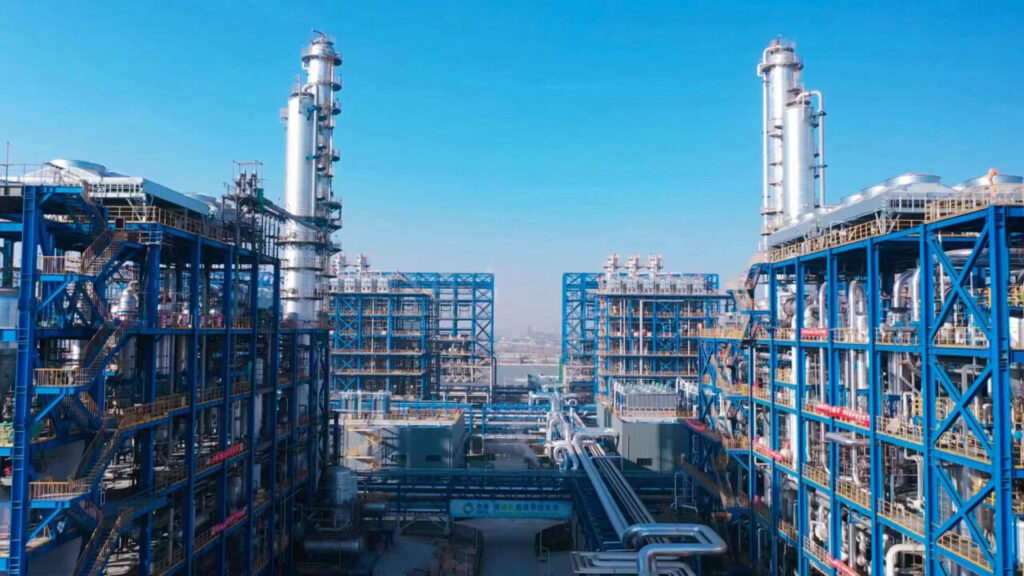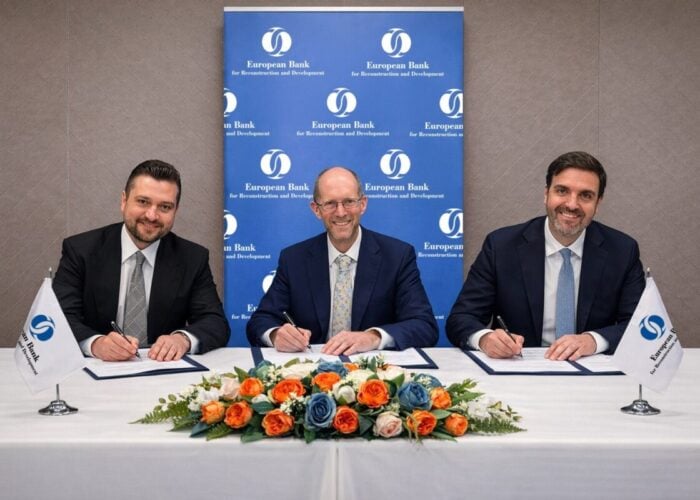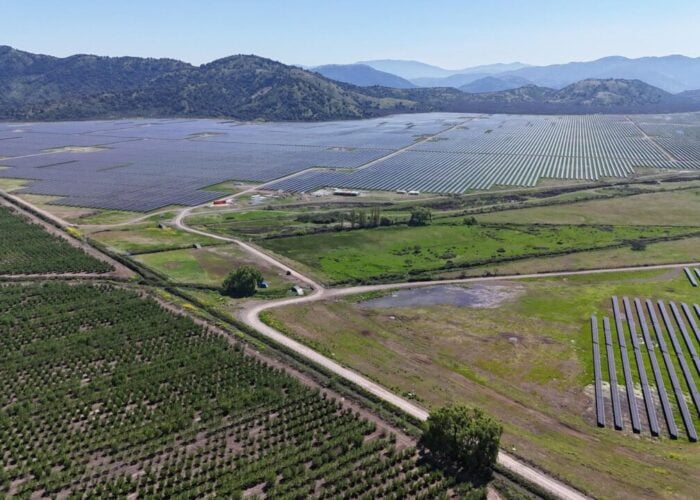
GCL Technologies, a high-tech granular polysilicon company in the PV industry, has entered into a strategic financing agreement with Infini Capital, a globally renowned investment institution backed by a Middle Eastern sovereign wealth fund.
The agreement involves a placement of approximately 4.736 billion shares through a private placement, raising HK$5.446 billion (US$700 million). The shares are subject to a six-month lock-up, further consolidating the security and stability of the company’s shareholding structure.
Try Premium for just $1
- Full premium access for the first month at only $1
- Converts to an annual rate after 30 days unless cancelled
- Cancel anytime during the trial period
Premium Benefits
- Expert industry analysis and interviews
- Digital access to PV Tech Power journal
- Exclusive event discounts
Or get the full Premium subscription right away
Or continue reading this article for free
According to the announcement, the raised funds will be primarily used for three purposes. First, it will be used as a financial reserve for supply-side reform to facilitate structural adjustments in polysilicon capacity.
Second, it will boost the company’s second growth curve by leveraging the company’s global leading silane gas capacity and output to achieve overseas substitution. This initiative is driven by multiple factors, including the growing demand for electronic speciality gases in the semiconductor integrated circuit industry; the transition from TOPCon to BC cells, which is boosting silane demand; the application of silane in solid and semi-solid cells in the lithium cell industry; and the high-quality requirements for silane gas in display panels. Silane gas is poised to become a new growth driver for GCL-Tech.
Third, it will optimise the company’s capital structure and strengthen the competitive edge of its shareholding structure.
Public information shows that Infini Capital, with which GCL-Tech is partnering, has dual headquarters in Abu Dhabi, UAE, and Hong Kong, China. It maintains a diversified investment portfolio covering strategic emerging technologies, artificial intelligence, humanoid robotics and smart manufacturing. The institution has already provided over HK$10 billion in funding to support the rapid development of China’s high-tech companies.
GCL-Tech stated that both parties will adhere to the common goals of collaborative development and industry optimisation by jointly launching a specialised industrial fund. This fund will focus on consolidating and addressing inefficient, low-quality excess capacity within the industry. Through market-driven acquisitions, specialised restructuring, and innovative upgrades, the company aims to channel resources toward high-quality capacity, put an end to the chaos of low-priced cutthroat competition in the industry, mitigate resource waste and development pressures stemming from vicious internal competition, guide the industry back to value creation, and foster a healthy, orderly, and sustainable industry ecosystem.
Financial data shows that in the first half of 2025, GCL-Tech’s EBITDA (Earnings Before Interest, Taxes, Depreciation, and Amortisation) was approximately RMB380 million (US$53.4 million), a year-on-year increase of 325.8%.
The company maintained a positive cash flow and secured its core business. As of Q2 of 2025, the average pre-tax production cash cost of granular polysilicon had decreased to RMB25.31 per kilogram, down 6.5% from Q1 of 2025, and remained at the industry’s leading level. The company’s market share of granular polysilicon production reached 24.32% in H1 of this year.






